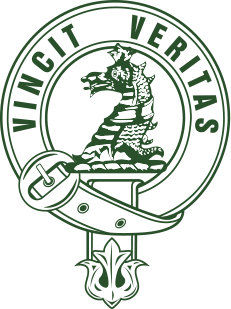WCS CANADA has been leading extensive efforts to help bats in western Canada survive the potential arrival of a deadly disease that has killed millions of bats in eastern North America. White-nose syndrome (WNS) kills bats during hibernation, but due to physiological, habitat and behavioural differences in western bats, we are in a race to understand – and prepare for – potentially different impacts in Western Canada.
Western Canada has a high diversity of bat species and maintaining this diversity is ecologically and economically important. Bats provide millions of dollars in pest control services to the forestry, farming and tourist industries. To help prevent the further spread of WNS, WCS Canada’s bat specialist Dr Cori Lausen, is leading pioneering research which includes the following activities:
- Locating hibernation sites used by overwintering bats and documenting winter habitats and behaviours (the key time that WNS can spread).
- Engaging cavers in monitoring and surveillance activities in BC and Alberta through the BatCaver.org program.
- Training biologists and resource managers in acoustic monitoring of bats.
- Promoting education, awareness and stewardship of bats, including on–the-ground assistance for landowners to conserve bats and bat habitat
- Sampling bats’ wings from across Western Canada in search of ‘good’ bacteria present on some bat wings that can provide natural resistance to WNS.
- Collaborating on the development of a pro-biotic cocktail of microbes that can increase bats’ resistance to WNS, and researching ways to apply this prophylaxis to reduce bat mortality.
The R. Howard Webster Foundation is pleased to be supporting WCS Canada in its efforts to keep our night skies filled with these fascinating flying mammals.
To learn more about WCS Canada, please visit: WCS Canada.
 Little Brown bat. Photo by: Cori Lausen.
Little Brown bat. Photo by: Cori Lausen.

